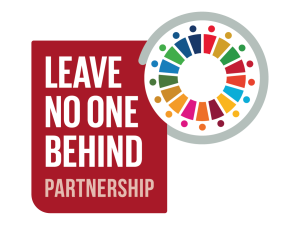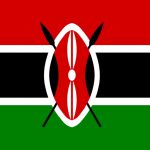The Leave No One Behind coalition in Bangladesh was founded in 2018. Since then, the country lead organisation is BRAC.
Current members (July 2024) are:
- ActionAid Bangladesh
- BRAC
- CARE Bangladesh
- CBM Bangladesh
- Islamic Relief Bangladesh
- Manusher Jonno Foundation
- Save the Children Bangladesh
- Transparency International Bangladesh
- Plan Bangladesh
- VSO Bangladesh
The country coalition has delivered a project, focussing on street dwellers and floating populations. Target SDG was SDG 3.8.
The scaled up project focused on the accessibility of various public programmes for marginalised groups. This included assessments of basic public health services, district-level COVID-19 responses, and cash assistance programmes. They worked with 10 different marginalised communities in 64 districts, reaching around 6,400 community members.
The project ‘Basic Public Services for the Marginalised Groups in Bangladesh’ aimed to measure the accessibility, quality, and satisfaction of public services among marginalised communities. They conducted data collection and analysis through focus group discussions (FGDs) and key informant interviews (KIIs) in eight divisions of Bangladesh.
Some of the key findings of the study include:
– Marginalised groups such as Dalits, people with disabilities, sex workers and third gender people often face financial challenges, with household expenses exceeding income.
– Discontinuation of education, especially after the COVID-19 pandemic, is common among these groups, particularly among the children of sex workers.
– There remains a lack of awareness of government social safety net programmes, with the Dalit community being the least informed.
– Dissatisfaction with legal aid services was particularly high among respondents.
To address these findings, the country team produced a comprehensive report, which was disseminated nationally and consulted with policymakers and academics. The project indirectly benefited marginalised communities by raising awareness of their needs and facilitating their participation in policy-making processes. It also trained grassroots organisations to engage sensitively with marginalised groups.
Overall, the project has successfully achieved its objectives and the aim is to expand its scope in the future by including more marginalised groups and SDG-based indicators and to develop a pilot dashboard for real-time data monitoring.
The results of the assessments have been widely shared and discussed with district and national government leaders. In particular, the government is considering adopting the methodology in the public health sector. LNOB Bangladesh is currently negotiating an MoU with the Bangladesh Bureau of Statistics to develop a national CDD policy.







 Our Target SDGS in Bangladesh
Our Target SDGS in Bangladesh





